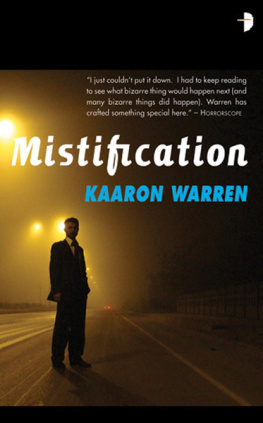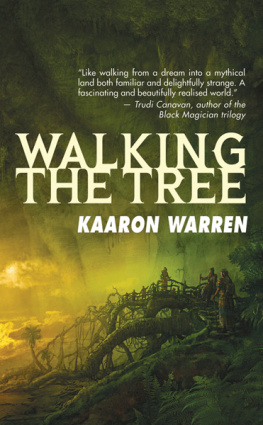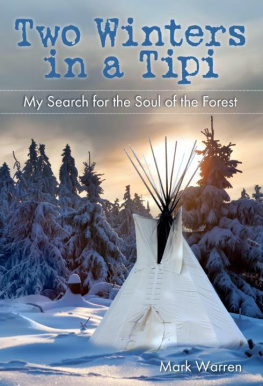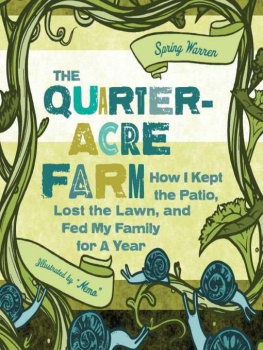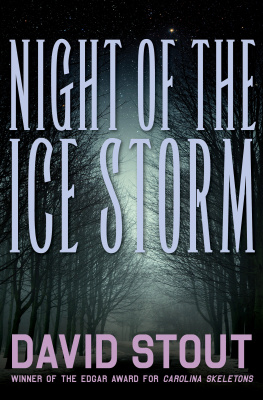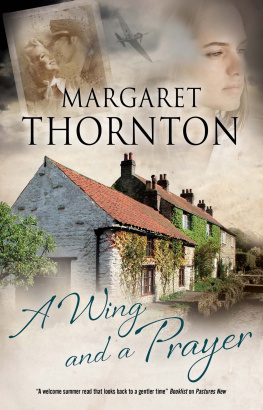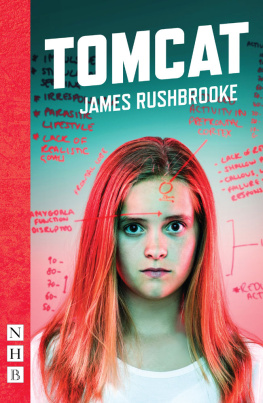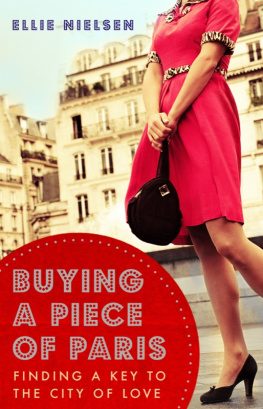Marvo could remember, first, the smell of hand lotion. To him it meant birth, strange birth, and the sound of people running. It was his grandmother's soft hand covering his mouth to silence his screams.
He appeared in an enormous house, amongst ant-like numbers of residents. He had no recollection of his birth; no record. He did not have a mother to tell him, "I spent twelve hours having you, twelve hours of agony. But when I held you in my arms it was all worth it."
He did not have a father to say, "You little rotter, you kept me up all night for weeks on end. You would not stop crying. But your mother was more beautiful than I've ever seen her, giving birth to you."
He did not have friends to compare growing up with; he could not remember growing up. His second memory was of the guns; guns and screams. It was his first image of the house; filled with running, screaming people. A house like a hotel, with a huge, dark lobby, floors covered with dark green linoleum. Two staircases, one up the west wall, one up the east. People running up and down the stairs, carrying things, baskets, bundles, children.
He was still; he did not run. He waited and watched with his grandmother's hand over his mouth. He watched men dressed in green like the lino, carrying guns and shooting the people.
Marvo was afraid of these men. He watched as they lined people up and shot them, watched the bodies fall onto the green floor (where the blood did not show, and there was no sun to shine on the puddles and make them glisten, where their belongings and their children fell).
Marvo was snatched up by his grandmother. She was very small, only slightly taller than him, and he was eight, or nine perhaps. She had black hair but it was a wig; Marvo knew because it fell off as she dragged him through a small door she had produced by pressing a panel in the wall of the kitchen.
They walked thin corridors and passed through niches. The walls were so thin he could hear the shouts and screams and shots. He could hear people being dragged from cupboards, from under beds, where they must have imagined they were safe. He followed his grandmother, poor old thing using the last of her strength to make him safe. They came to a rope ladder dangling down and she climbed it. He could see up her dress to her underwear.
At the top of the ladder there was a landing and a trap door. His grandmother used her hands to tell him to keep back (they had not spoken or made a sound since the men in green burst in) and she lifted up the door. He helped her pull the ladder up and then they let it drop down through the trapdoor. She climbed down first, then he did, and he found himself in the room which was to be his home for the next four years. It was a long climb down.
The machine guns spat (the walls here, too, were thin. He could hear the men's words, listen to them). As each person was found, the machine guns spat. His grandmother stood in the middle of the room, listening, waiting. She counted on her fingers, counted as her friends (if that's what they were Marvo didn't know) or her family were found and killed. He realised he must have known her for at least a while before the guns, because he heeded her, trusted her.
Half the roof consisted of the platform with the trap door they climbed through and the other half was skylight. Somebody planned well; the room was bright and warm. Marvo grew to love the sun through the roof, love the uncontrollable warmth of it.
There was a single bed. His grandmother slept there alone; he did not like the idea of sharing with her. He slept on the floor for four years and never got used to sleeping in a bed. In the future, with lovers, he rarely stayed over, or let them stay with him. He was embarrassed to be found on the floor each morning, sleeping soundly, the sleep he could never find in a bed.
There was a TV, which made him happy, though he didn't know what to watch, he couldn't remember watching before. His grandmother shook her finger at him. She turned the sound right down, then removed the knob.
The house remained full of men for the four years of their incarceration. Marvo grew very restless in the room with only his grandmother for company. They talked in whispers. She told him stories, taught him lessons through stories because there were no books. She told him the story of a cruel spell, of a woman who dared to stand up for her cause and not forget her lessons.
"You must never forget your lessons," she said. And he didn't, because what else was there to do but remember?
The Spell of Age
This witchy woman learnt when she was very young, that, while friends come and go, your family always remains. She was still young when she found that her mother was under attack.
Her dearest friend said, "Your mother is an old witch now. Her magic is no longer relevant. You must stop her from practising."
All of her learning had come from her mother, and the young woman did not believe her mother's magic was useless. She saw in a sudden moment of clarity that her friend was deeply jealous of that learning, and that she sought to cause a rift, to halve the magic.
The young woman said, "I can't stop my mother from practising magic. I still learn from her as I learn from you. A triangle is solid and powerful, when its lines meet. There are three in our triangle of learning."
But the friend disappeared, and the young woman began to get old very quickly. She realised the extent of her friend's jealousy. The hatred.
It was a spell of age her friend placed on her. The young woman's bones ached, riddled with rheumatism, and she went to her mother, the witch. Her mother could not change the spell. She could only provide another. Weeping, she said, "Take a potato and allow it to go black and hard in your pocket. This will cure your rheumatism. This may also keep you from bad luck, tough with a spell so heavy on your shoulders."
It was painful to be offered merely a lifting of symptoms, not her young life back, but it was something. The young woman carried that potato, fingering it with her pain-filled fingers until that pain faded.
"I wish we could find a place to be safe," her mother said.
The young woman felt the finality of the words. She left the village and did not return.
#
"She would not be seen in the world outside again," Marvo's grandmother said.
"Outside where?" asked Marvo. He knew only one outside; outside this room.
"Where the wind blows and the trees rustle. Where scent abounds and the texture beneath your feet is rough."
His grandmother clasped his arm with her strong fingers. So much power in those hands. "One day you will see outside, but don't wish it too soon. It will come."
The first few months passed. He slept a lot, and listened. He awakened from a cocoon, emerging to an unfamiliar world. He got to know the room very well and grew up quickly. It was vital, in order to stop his grandmother from leaving the room each night, risking her heart up and down the ladder to steal the food they needed to stay alive. He took over the job when he was nine; she had to let him, she was not fast enough any more to do what was needed. She was close to discovery each time.
So Marvo began the trips, and slowly the room filled with things. He brought food, but he also brought found objects, things lost by the men, things left on the table at night, things dropped behind the couch. The room (so bare when they arrived; the bed and the TV, and a chair and a small table) began to fill with things: socks, condoms (used and unused Marvo had no idea what they were and his grandmother didn't tell him. It was many years before he realised what the substance was and he laughed to remember he had kept them as special objects), stubs of pencils, half-empty pens, writing pads with three or four sheets of paper left, newspapers, slippers, underwear, bullets; a thousand little things people didn't miss and didn't care for. His room resembled a junkyard, though each item was noted and neatly placed in position. Marvo knew how many of everything there was. He was good with numbers.

